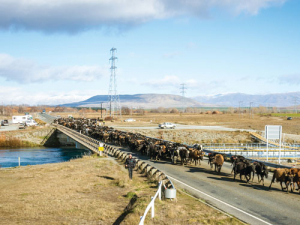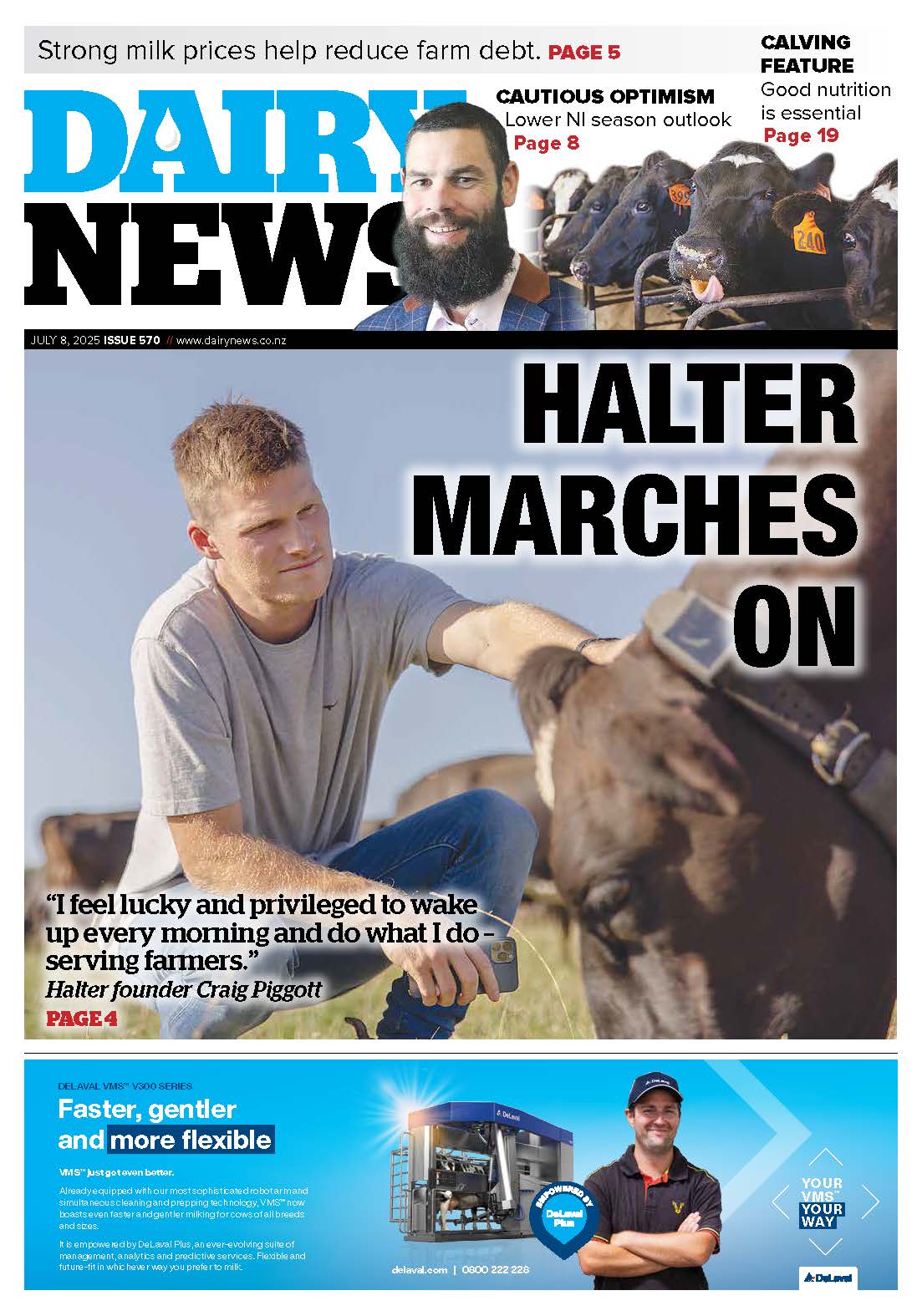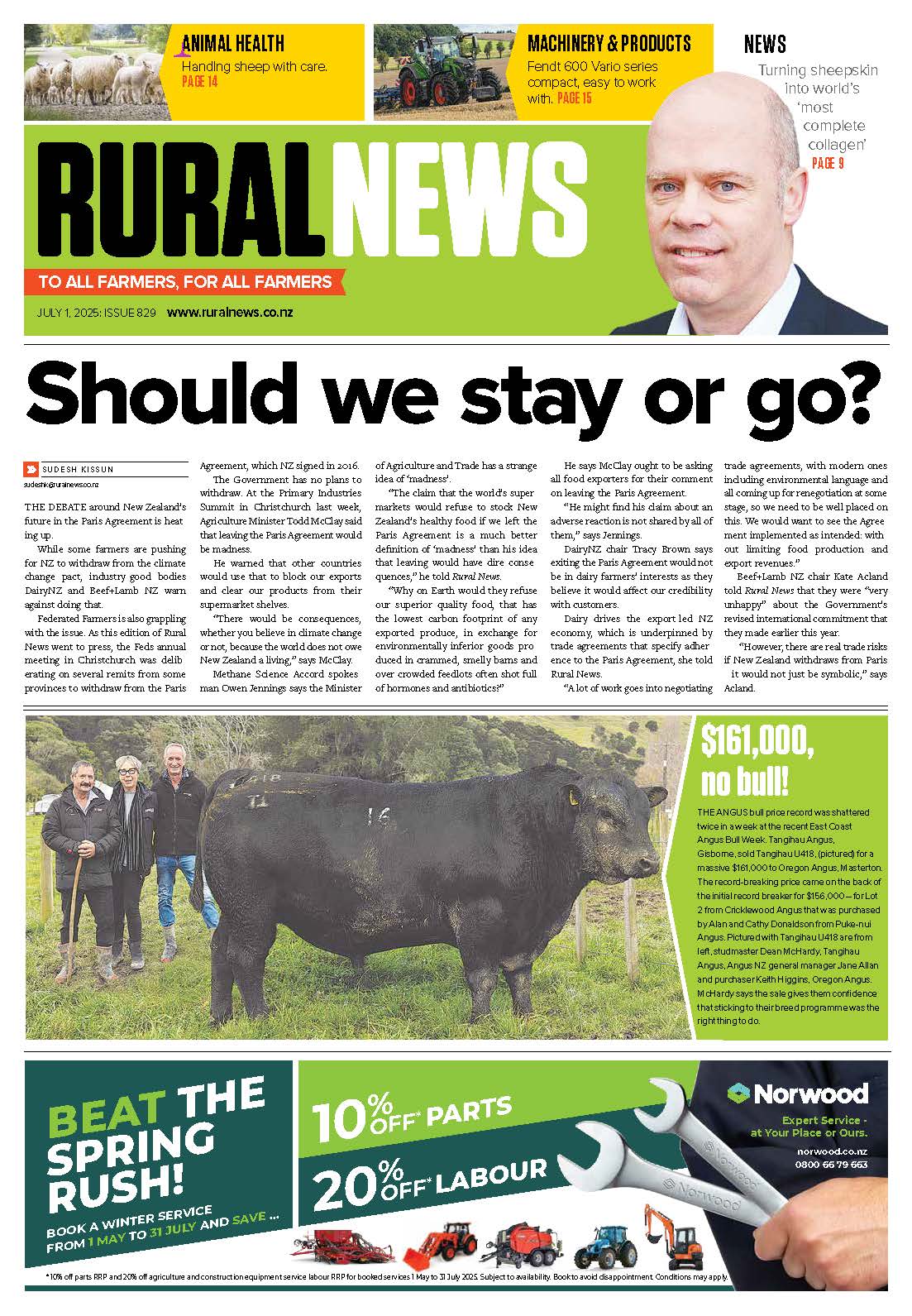Dairy and red meat leaders have been meeting with the Ministry of Primary Industries (MPI) to map the options -- eradication, ongoing management or stepping back and letting the disease spread.
Agriculture Minister Damien O’Connor says a decision is expected within two to three weeks. Any decision would need Cabinet ratification as state funding would be part of the solution.
O’Connor says MPI is having “open and robust” discussion with stakeholders. “All the options on the table have upsides and downsides,” he says.
Stakeholders include DairyNZ, Beef + Lamb NZ, Meat Industry Association (MIA), Dairy Companies Association of NZ (DCANZ) and Federated Farmers.
Feds national president Katie Milne says it is crunch time for farmers and will provide clarity -- “something they needed long ago”.
“A decision earlier would have given farmers more time to set up for the new season,” she told Rural News.
Milne points out that the M. bovis response has been a major undertaking. “There is nothing like this right now anywhere in the world.”
DairyNZ chief executive Tim Mackle says dairy farmers are getting anxious as the disease spreads onto more drystock farms.
Last week, a mixed sheep and beef farm near Cheviot, North Canterbury tested positive; sheep and beef farms in Pahiatua and Southland have also tested positive.
Mackle says dairy farmers realise tracking the disease on drystock farms can be difficult.
“On dairy farms, cows shed the bugs in milk and it is detected via milk testing; sheep and beef stock don’t shed the bug and that’s a major challenge,” he told Rural News.
Mackle also hopes a decision soon will provide clarity to farmers.
But he cautions that managing the disease in future will be the key, even if the industry decides to eradicate M. bovis.
“We have to change the way we operate; we have to be careful sending stock off-farm and mixing stock with other herds.”
Speaking at the DairyNZ Farmers Forum last week, O’Connor said M. bovis is the most challenging issue the Government and the primary sector “will have to ever deal with”.
“A slow start and the absence of a robust NAIT system have complicated things; it will cost us a helluva lot of money.”

















